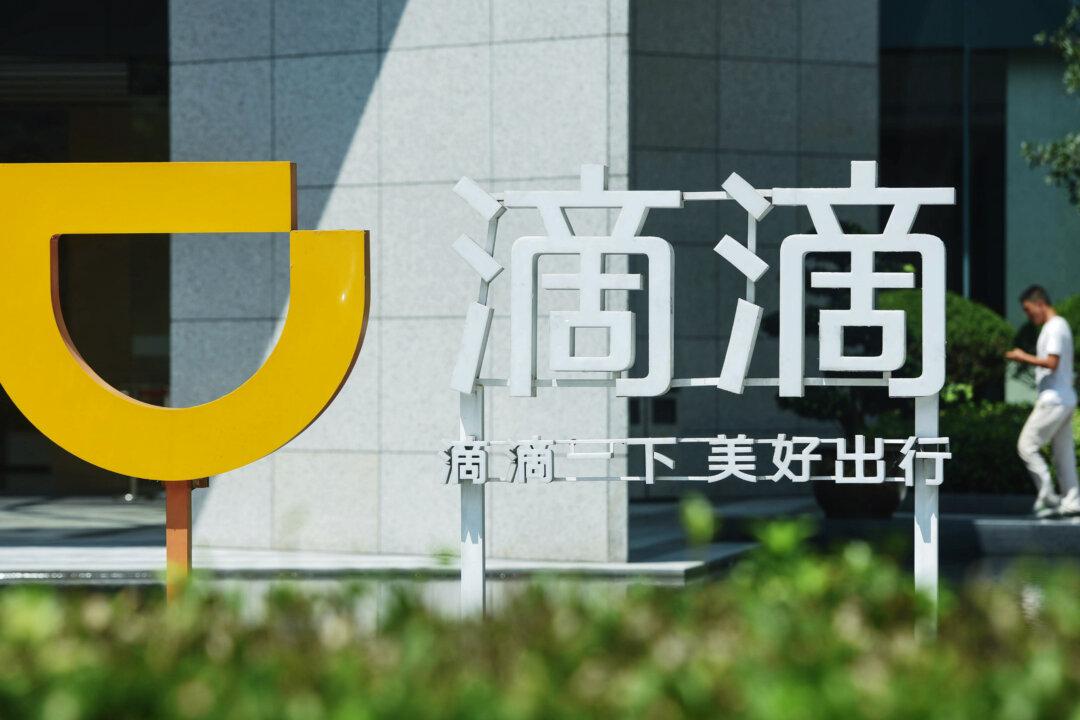Just two days after the Chinese ride-hailing giant Didi Chuxing launched its U.S. initial public offering (IPO), the Chinese communist regime’s Cyberspace Administration started a security review on the company and suspended its registration of new users. The action caused Didi’s stock to fall on the New York Stock Exchange (NYSE).
On July 2, the Cyberspace Administration of China (CAC) announced on Chinese social media site Weibo that it is conducting a cyber security review on Didi to “prevent national data security risks and maintain national security,” citing China’s National Security Law and Cyber Security Law. Meanwhile, it has suspended all new user registration on Didi to “prevent the expansion of risk.”




